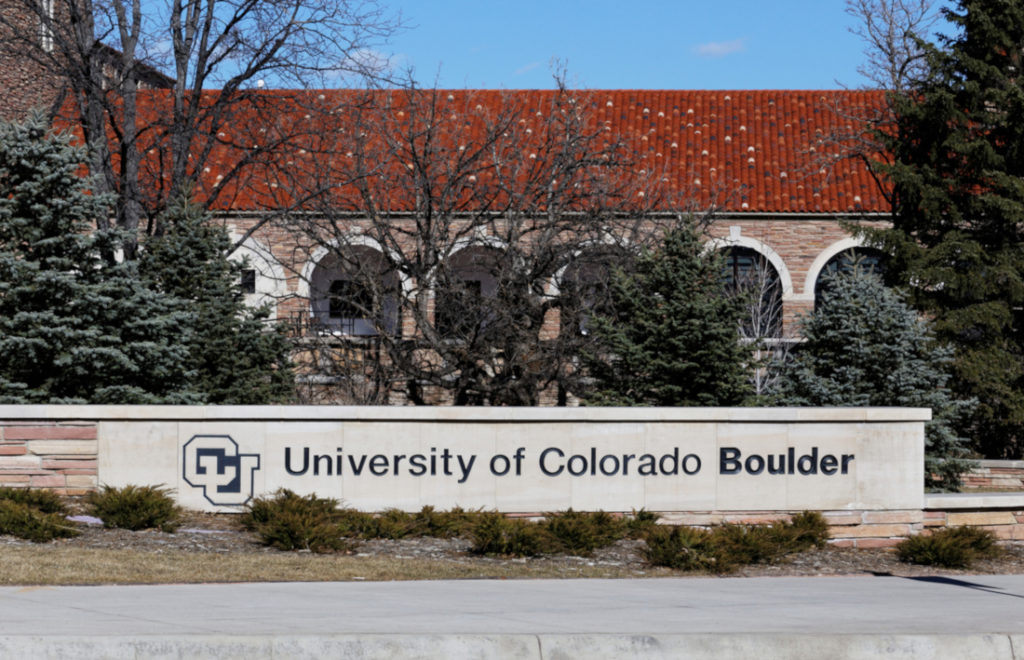By Jeffrey A. Roberts
CFOIC Executive Director
A bill that lets public bodies in Colorado disclose just one finalist when choosing a new chief executive officer such as a school superintendent, a university president or a city manager will become law without the signature of Gov. Jared Polis, the governor’s office announced Monday.
House Bill 21-1051 rewrites portions of the Colorado Open Records Act and the Colorado Open Meetings Law that have been the subject of recent litigation. Two district court judges determined that the open-government laws require the public naming of multiple chief executive finalists. But a panel of the Colorado Court of Appeals reversed one of those decisions in March, ruling 2-1 that the University of Colorado regents did not violate CORA when they released only Mark Kennedy’s application for the CU presidency to the Boulder Daily Camera in 2019.
The Colorado Freedom of Information Coalition had asked Polis to veto HB 21-1051 as did editorial boards and columnists for several news organizations, including The Denver Post, the Daily Camera, Colorado Newsline and The Colorado Sun. CFOIC’s letter cited 35 jurisdictions that recently disclosed multiple finalists for chief executive positions, demonstrating that an open process for those seriously considered for top government jobs does not hamper the hiring process or diminish the quality of applicants.

“It is our firm belief that those advocating to curtail the amount of information available to the public under existing law — as HB 21-1051 would do — should bear the onus of demonstrating the need to do so,” we wrote to the governor. “They should be required to show that not altering the status quo would significantly harm the public good. But proponents of the bill have not demonstrated there is an actual problem that needs fixing.”
In a letter to state representatives, Polis wrote that proponents and opponents of the bill “have all made strong arguments about the legislation.”
“In my view,” the governor’s letter states, “while the bill creates flexibility for organizations by leaving to their discretion the number of finalists who are publicly named, it should remain a best practice to release the names of several finalists. I agree candidates should be entitled to some degree of privacy when applying for positions, so that the highly qualified may apply without fear of embarrassment, retribution, etc.
“I also agree that public-facing organizations should be held to the highest transparency, accountability, and integrity standards when hiring candidates for vital executive positions. Transparency can help ensure that a qualified and diverse candidate pool was considered, a thoughtful hiring process was followed, and that the best candidate was ultimately selected for the position.”
Regarding those in government “who are not committed to transparency,” Polis wrote, “the remedy is for voters to consider these circumstances the next time they fill out their ballot.” He encouraged the legislature and organizations to “monitor HB 21-1051’s future impacts to determine if it has struck the right balance between competing priorities.”
For many years, Colorado’s open meetings law has required “the list of all finalists under consideration” for a chief executive position to be made public no later than 14 days prior to the appointment of one of the finalists. CORA defines finalist as “a member of the final group of applicants or candidates” made public under the requirements of the open meetings law, and it allows the public to inspect most records submitted by a finalist. It adds: “If only three or fewer applicants or candidates for the chief executive officer position possess the minimum qualifications for the position, said applicants or candidates shall be considered finalists.”
HB 21-1051, sponsored by Republican Rep. Tim Geitner of Falcon and Democratic Rep. Shannon Bird of Westminster, repeals the CORA provision regarding three or fewer applicants and specifies that a state or local public body “shall name one or more candidates as finalists for the position of chief executive officer.” Public bodies still will be required to disclose the finalist (or finalists) 14 days before an appointment is made.
It remains to be seen whether the new law, which takes effect 90 days after the legislative session, impacts the Colorado Supreme Court’s decision to review or not review the Court of Appeals ruling in the Daily Camera case. The newspaper submitted a certiorari petition to the state’s highest court, supported by an amicus brief filed by CFOIC and 12 other organizations.
Meanwhile, the Academy 20 school board in Colorado Springs has appealed a district court ruling that it improperly denied a parent’s CORA request for the names and application materials of all finalists considered for the superintendent’s job.
Follow the Colorado Freedom of Information Coalition on Twitter @CoFOIC. Like CFOIC’s Facebook page. Do you appreciate the information and resources provided by CFOIC? Please consider making a tax-deductible donation.




